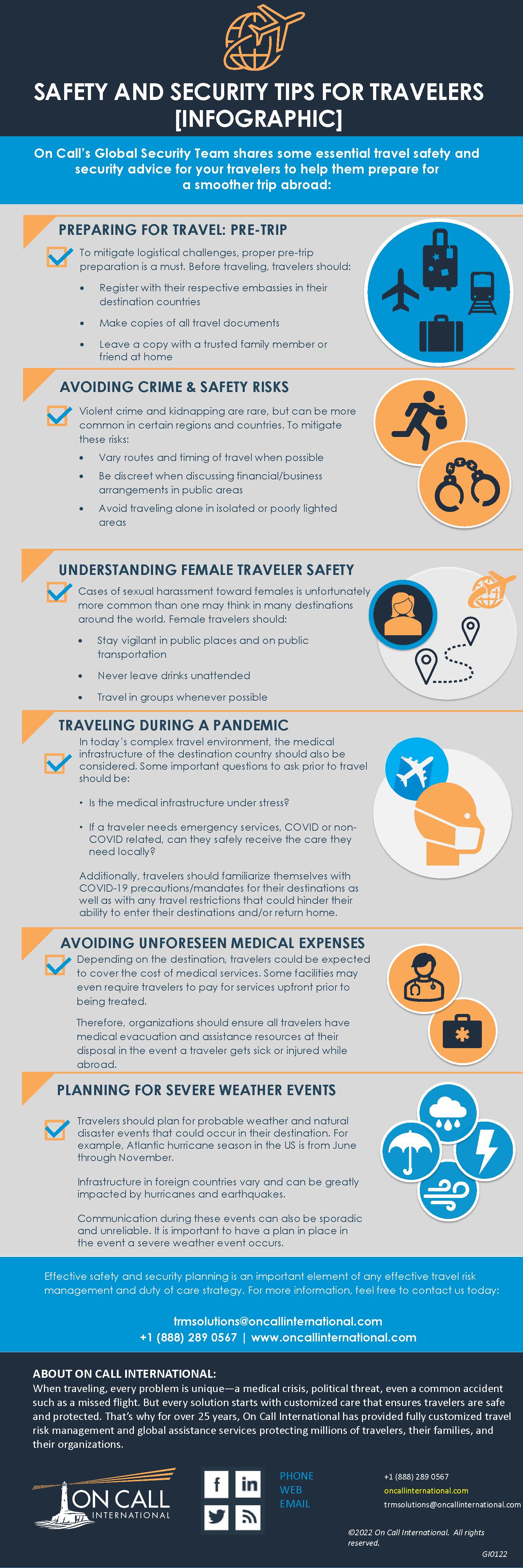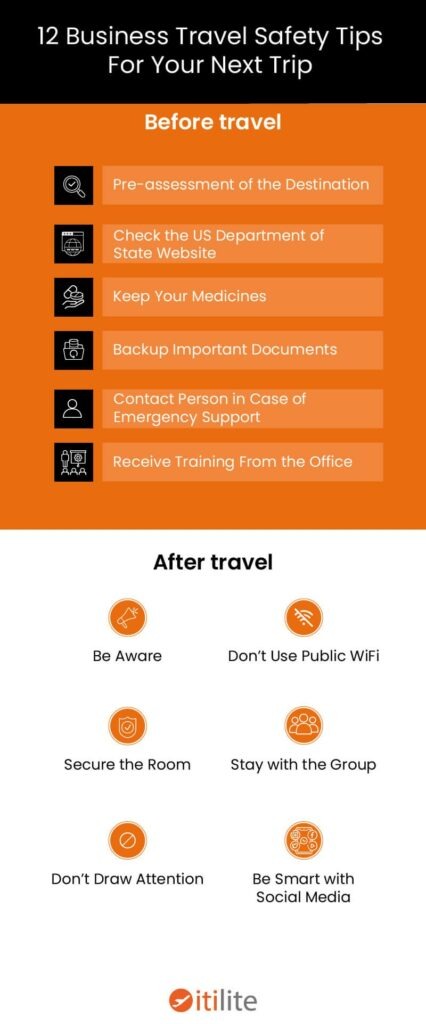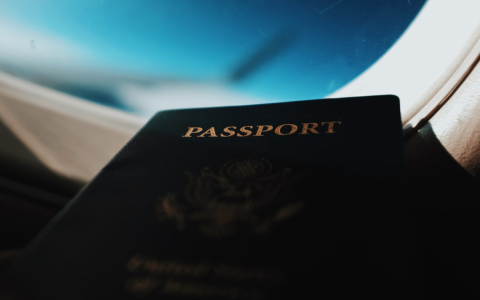Alright, let’s get into it. Traveling to places folks might call ‘low-security’? Yeah, I’ve done my fair share of that over the years. It’s not about being reckless; it’s about being smart and prepared. Here’s how I handle it, based purely on what I’ve actually done on the ground.

Before I Even Leave Home
First thing’s first, I do my homework. And I mean real homework. Forget the glossy brochures for a minute. I dig into recent local news, check out travel advisories from my government (and maybe a couple others), and hit up forums where people share current experiences. What are the common scams? Which neighborhoods are dicey after dark? Is petty theft the main issue, or something more serious? Knowing the specific risks helps me plan.
Then comes packing. Less is definitely more, and flashy is a big NO. I leave the expensive watch, the nice jewelry, all that stuff, locked up back home. Clothes? I aim to blend in, nothing that screams ‘tourist with money’. Think practical, comfortable, and culturally appropriate for where I’m going. Super important stuff:
- I make digital and physical copies of my passport, visa, tickets, hotel reservations. Keep ’em separate from the originals. Maybe email a copy to myself or store it securely online.
- A basic first-aid kit is essential. Not just a few band-aids, but stuff for stomach issues, pain relief, antiseptic wipes. You might not find what you need easily there.
- A cheap decoy wallet with a bit of small cash and some old expired cards? Yeah, I’ve carried one. If someone demands your wallet, you hand that over.
- Portable door lock or a simple rubber door wedge. Gives a little extra peace of mind in hotels or guesthouses.
On the Ground: Arrival and Moving Around
Hitting the ground running, but carefully. Airport arrival can be chaotic. I try to arrange my first ride beforehand with my hotel or a reputable service. If not, I head straight for the official taxi stand, ignoring the touts shouting offers. Getting ripped off or ending up somewhere unexpected right off the bat? Bad start.
Once I’m out and about, awareness is key. I walk with purpose, like I know where I’m going, even when I’m slightly lost. If I need to check a map or my phone, I try to step into a shop or a cafe, not just stand vulnerable on a street corner. Looking like an easy, confused target is what you want to avoid.
Public transport? I use it, but I watch how locals handle their belongings and do the same. Crowded bus or train? My wallet’s in my front pocket or somewhere harder to reach, and my hand is often covering it, especially when getting on or off.

Handling Money and Valuables
This is huge. I never flash big amounts of cash. Ever. I keep only a small amount of daily spending money easily accessible in a pocket. The rest – larger bills, credit cards, passport – stays hidden, maybe in a money belt under my clothes, or secured in the hotel safe (if I trust it). When paying for things, I try to have small bills ready so I don’t pull out a fat wad of cash.
My phone and camera? I use them, of course, but I’m mindful of where I am. I don’t walk down busy streets texting obliviously. Take a picture, enjoy the moment, then put the expensive gadget away securely. Sitting at an outdoor cafe? Phone stays in my pocket or bag, not sitting on the table asking to be snatched.
Interacting and Blending In
Knowing even a few basic words in the local language (‘Hello’, ‘Thank you’, ‘Excuse me’, ‘No thank you’) makes a massive difference. It shows respect and can smooth interactions. I try to be polite but also firm if needed, especially with pushy vendors or potential scammers. Learning to say ‘no’ clearly and confidently is a skill.
Trusting my gut has saved me more than once. If a situation feels wrong, if someone seems overly friendly or is making me uncomfortable, I don’t hesitate to walk away, cross the street, or enter a busy shop. Better safe than sorry.
Blending in helps. Dressing modestly, especially in more conservative areas, is important. Observing local customs and trying not to be the loud, obnoxious foreigner helps you keep a lower profile.

Where I Stay and After Dark
Choosing accommodation isn’t just about price. I read reviews carefully, looking for comments on safety and security. Is the area known to be safe? Does the hotel have decent locks, maybe security staff? Once in my room, I always use the locks, and maybe that extra door wedge I packed.
Nighttime needs extra caution. I generally avoid walking alone in unfamiliar areas after dark. If I do go out, I stick to well-lit main streets or take reputable taxis/ride-shares door-to-door. It sounds basic, but it’s easy to get complacent when you’re having fun.
Learned It The Hard Way
Look, none of this is foolproof, and it’s not about being scared the whole time. It’s about building smart habits. I remember getting a bit too comfortable exploring a market once, map out, looking lost… felt a hand brush my pocket. Reacted quick, nothing taken, but it was a sharp reminder: stay alert. Not paranoid, just aware. That low-level, constant awareness becomes second nature after a while.
So yeah, that’s my process. Research, prepare, stay aware, keep valuables low-key, trust your instincts. Do that, and you can explore some incredible places without becoming a statistic. It’s just practical sense, really.









